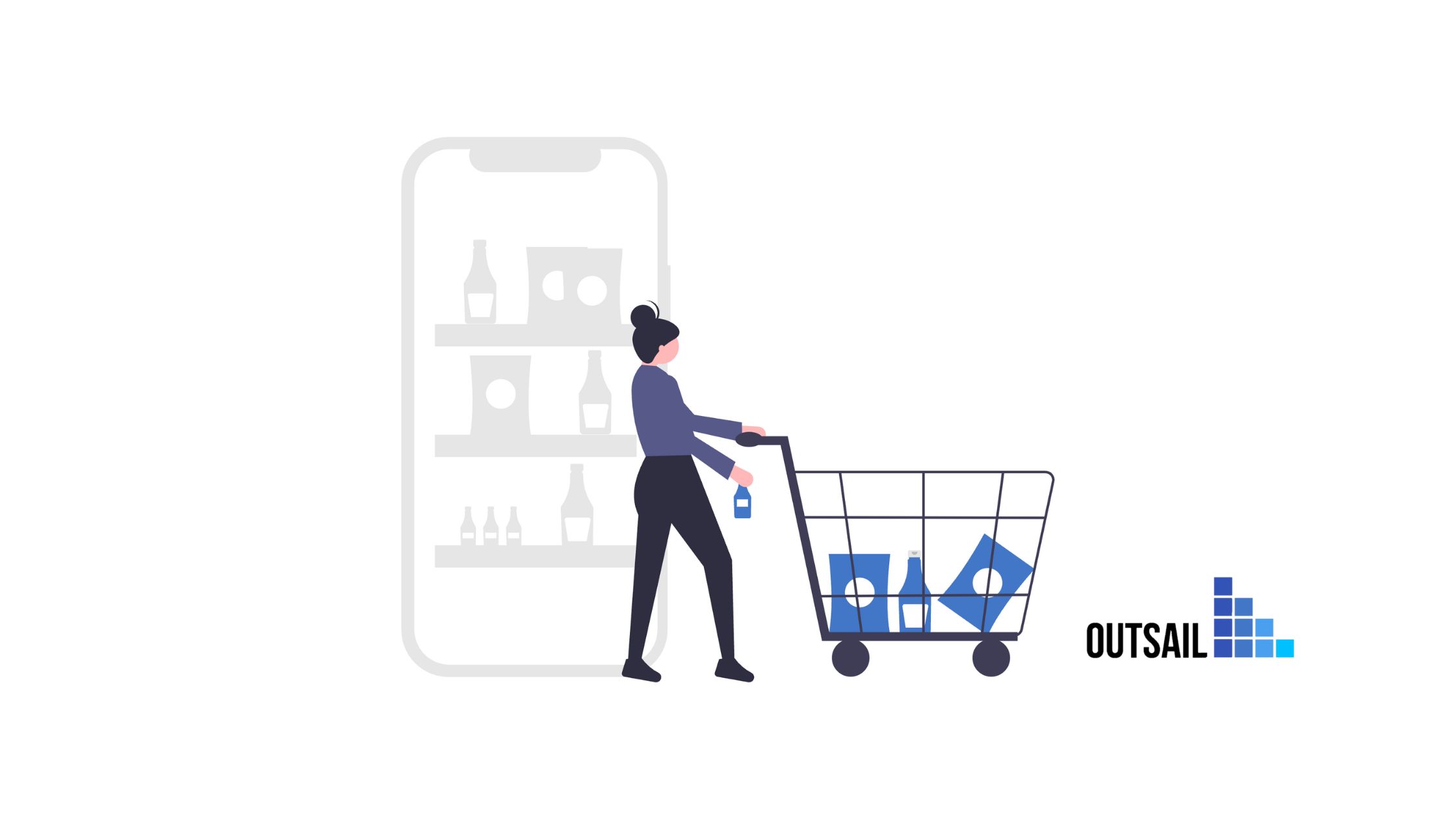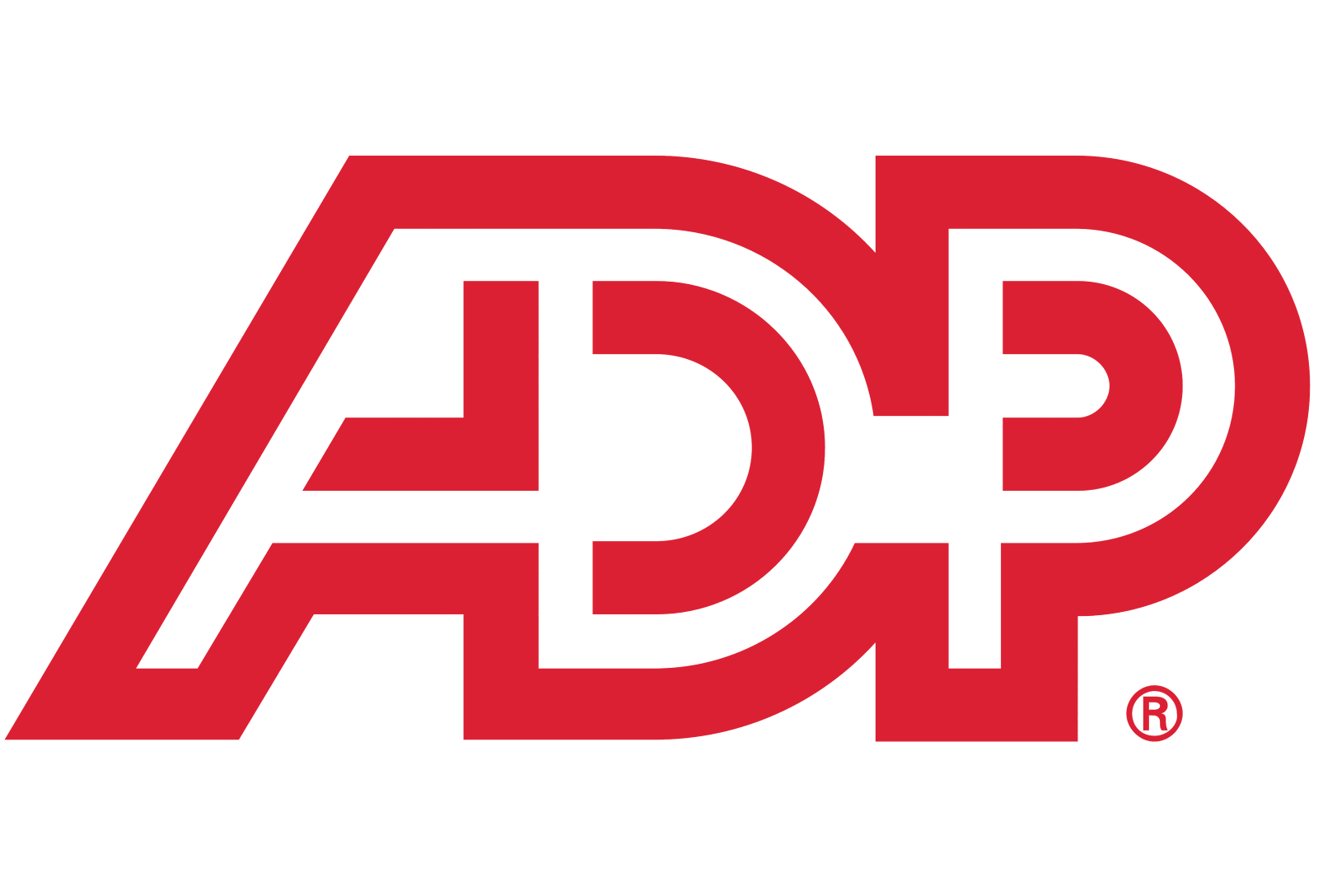Discover the best retail HRIS and hospitality HR software to manage frontline workers, streamline shift scheduling, and reduce turnover for scalable workforce success.

Running a retail store or hospitality venue means managing hundreds—sometimes thousands—of frontline workers across multiple locations. Your employees clock in at odd hours, often lack corporate email addresses, work in areas with spotty internet, and frequently move between roles or leave entirely. Traditional HR systems built for office workers simply don't cut it.
The numbers tell the story: Over 50% switched jobs in the past year in the hospitality industry. Meanwhile, organizations with high engagement are 23% more profitable than those with low engagement, and can see reductions in annual turnover up to 43%. For retail and hospitality businesses, the right HRIS isn't just about efficiency—it's about survival in an industry where your frontline workforce is everything.
This guide examines what makes an HRIS truly work for retail and hospitality environments, from mass onboarding capabilities to earned wage access features that help you compete for talent. We'll explore why mobile-first design matters, how to manage workers without email addresses, and which vendors actually deliver on their promises for frontline workforce management.
Find Retail-Ready HRIS Solutions - Our experts can match you with HRIS platforms specifically designed for high-turnover, frontline workforce environments.
Retail and hospitality businesses operate on a different timeline than most industries. When a new hotel opens, you might need to onboard 200+ employees in two weeks. During holiday retail seasons, stores can triple their workforce in days. Traditional HRIS platforms that require individual data entry for each new hire become bottlenecks rather than business enablers.
High turnover, rising labor costs and changing compliance laws are forcing HR leaders to rethink hiring, retention and workforce management strategies in the hospitality industry. The constant churn means your HRIS must handle both mass onboarding and mass offboarding with equal efficiency.
Your frontline workers don't sit at desks. They're on the sales floor, in the kitchen, behind the front desk, or cleaning rooms. A mobile-first platform built to support the management of non-desk workers isn't a nice-to-have—it's the only way to reach your workforce effectively.
Consider this: many retail and hospitality workers don't have company email addresses. They might share a single computer in the break room with dozens of colleagues. Any HRIS that requires desktop access or email verification immediately excludes most of your workforce from self-service capabilities.
Retail and hospitality venues often struggle with connectivity issues that office-based businesses never face. Underground stock rooms, sprawling resort properties, and rural locations can all create dead zones where traditional cloud-based systems fail. Your HRIS needs to function reliably even when internet connectivity is spotty or non-existent.
One notable trend is the introduction of instant pay or earned-wage access, which allows employees to draw a portion of their wages after each shift, which appeals to workers who may need cash flow and competes with the gig economy's immediate payouts. In an industry where workers often live paycheck to paycheck, offering financial flexibility has become a key differentiator for attracting and retaining talent.
Effective retail and hospitality HRIS platforms excel at handling volume. Look for systems that offer:
Since many frontline workers lack corporate email, modern HRIS platforms for retail and hospitality rely heavily on SMS communication. Ideal for: Manufacturing, warehousing, logistics, retail, and other frontline organizations with shift-based teams who need simple, app-free attendance management.
Key capabilities include:
The best HRIS mobile apps for retail and hospitality work even without constant internet connection. They sync data when connectivity returns, ensuring workers can:
Nearly half (49%) of DailyPay users say earned wage access makes them feel more motivated at work. Leading HRIS platforms now integrate directly with earned wage access providers, allowing employees to:
businesses with job listings that mention on-demand pay through DailyPay fill open positions in half the time as those that don't. And once they join, retention rates increase up to 72%—making this feature increasingly table stakes for competitive employers.
Retail and hospitality scheduling involves juggling availability, labor laws, and customer demand. Modern HRIS platforms address this with:

ADP has invested heavily in frontline workforce capabilities, particularly through their Wisely platform for wage access and digital payment solutions. Their mobile app works well for employees without email access, using phone number verification instead.
Strengths:
Considerations:

Paycom's single-database architecture makes it particularly effective for retail and hospitality businesses that need real-time data across locations. Their Beti® payroll system empowers employees to review and approve their own paychecks, reducing payroll errors.
Strengths:
Considerations:
Dayforce provides retailers and hospitality organizations with the tools they need to help attract, engage, train, and retain their people, leading to better workforce experiences. Their continuous calculation engine provides real-time insights into labor costs.
Strengths:
Considerations:

UKG combines Ultimate Software's HR capabilities with Kronos's workforce management expertise, making it ideal for complex scheduling environments. Modernizing systems to create a single source of real-time data can help hospitality and retail leaders increase efficiency and generate actionable insights that drive operational excellence.
Strengths:
Considerations:

Paycor has built a reputation serving small to mid-size retail and hospitality businesses with straightforward, affordable solutions. Their platform emphasizes ease of use for managers who aren't HR professionals.
Strengths:
Considerations:
When evaluating HRIS platforms, begin your assessment with the mobile experience. Have frontline employees test the app during your evaluation process. If they can't easily clock in, check schedules, or request time off from their phones, the system won't work for your business.
Configure your HRIS to handle your peak hiring periods, not your average. If you hire 500 seasonal workers each holiday season, ensure the system can process that volume efficiently. Test bulk upload capabilities and automated workflow triggers during implementation.
Work with your vendor to establish alternative authentication methods for workers without email addresses. Options include:
53% of users surveyed say EWA is critical or very important to their future job considerations. Don't treat earned wage access as an afterthought. Integrate it during initial implementation to maximize adoption and impact on retention.
Frontline managers in retail and hospitality often have limited HR training. Your HRIS should make their jobs easier, not harder. Prioritize:
When building the business case for a new HRIS, focus on:
The next generation of retail and hospitality HRIS platforms will include:
Choose HRIS platforms with:
Selecting an HRIS for retail and hospitality requires balancing immediate needs with long-term scalability. The right platform will:
Remember that your frontline workers are your brand ambassadors. "The in-location experience is coming back. People want to socialize, touch products, and talk to people"—and that experience depends entirely on having engaged, well-managed frontline teams.
The investment in a proper HRIS pays dividends through reduced turnover, improved compliance, and better customer experiences. In industries where every percentage point of turnover costs thousands of dollars and every negative customer interaction can go viral, having the right technology foundation isn't optional—it's survival.
Find Retail-Ready HRIS Solutions - Ready to transform how you manage your frontline workforce? OutSail's experts understand the unique needs of retail and hospitality businesses. Get matched with HRIS solutions that actually work for your frontline teams, not against them.
